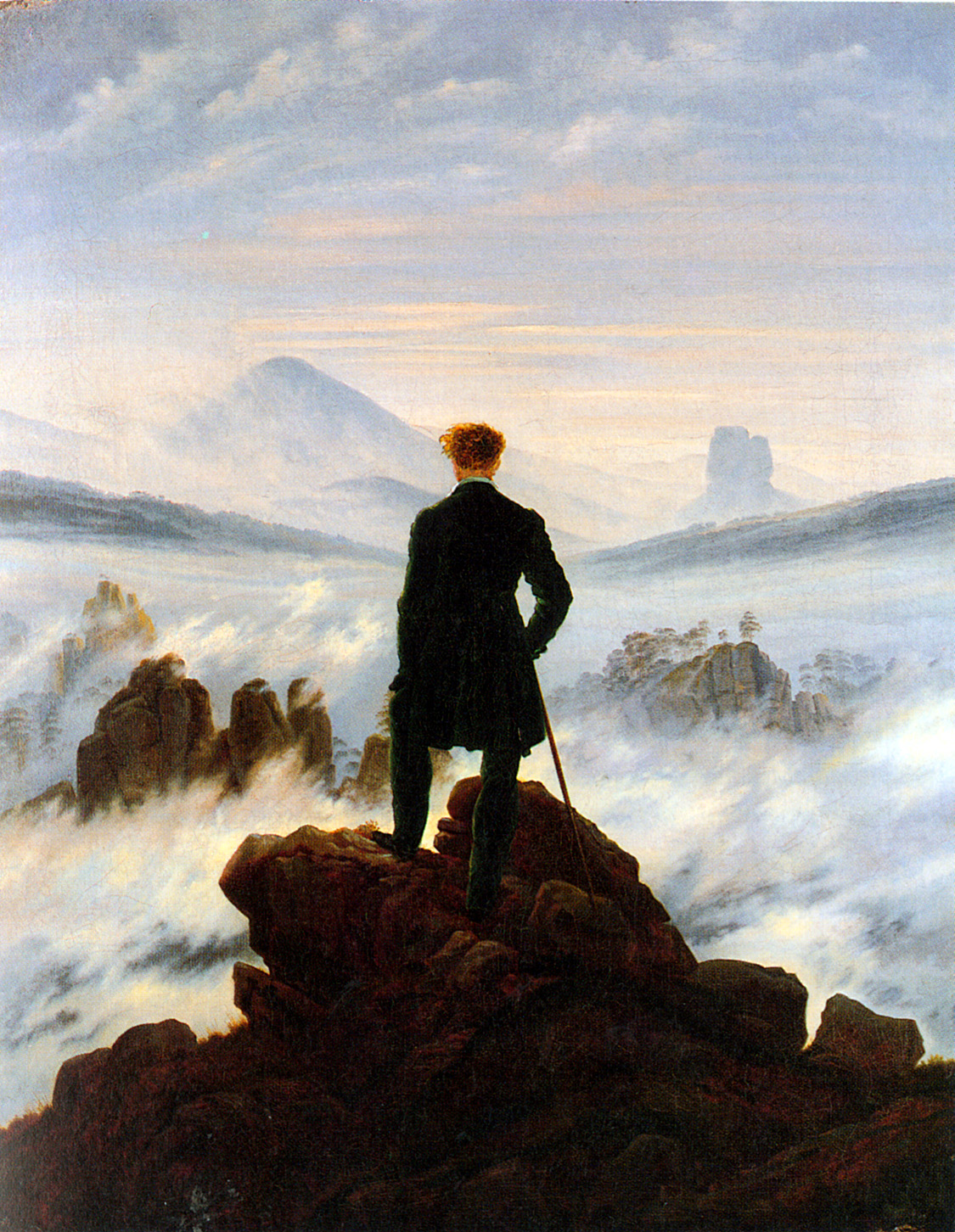The French Revolution and the Romantics
by

A francia forradalom és utóhatásainak értékelése a romantika szellemtörténeti mozgalmához sorolható (főként német) szerzők részéről.
A XVIII. század minden kétséget kizáróan legfontosabb és legmegrázóbb politikai eseménye – az utókor által „nagy”-nak nevezett – 1789-es francia forradalom nem csak a közvetlen kortársak, hanem az eseményt követő generációk politikai gondolkodását is meghatározta. Az művészeti és filozófiai irányzat, amelyet később romantikának neveztek részben egy reakció volt a francia forradalomra és felvilágosodásra, részben pedig annak következményeként is szemlélhető. A konferencia a francia forradalom által indukált politikai, társadalmi, filozófiai és a világszemléletben bekövetkező általános változásokra főként kritikusan reagáló szerzők gondolkodását elemzi, az eszmetörténet és a politikaelmélet módszereivel. Elsősorban – de nem kizárólag – az eseményen a német kritikusok kerülnek előtérbe.
Undoubtedly, the most important and shocking political event of the XVIII. Century - called the “Great” by the posterity – was the French Revolution of 1789. It defined the political thinking of not only its immediate contemporaries but also the generations that followed it. The artistic and philosophical trend, later called Romanticism, was partly a reaction to the French Revolution and the Enlightenment, and partly a consequence. The conference analyzes the thinking of authors who are mainly critical of the political, social, philosophical and general changes in of worldview induced by the French Revolution, using methods of intellectual history and political theory. German critics will come to the fore primarily, but not exclusively.
Busa Zsuzsanna